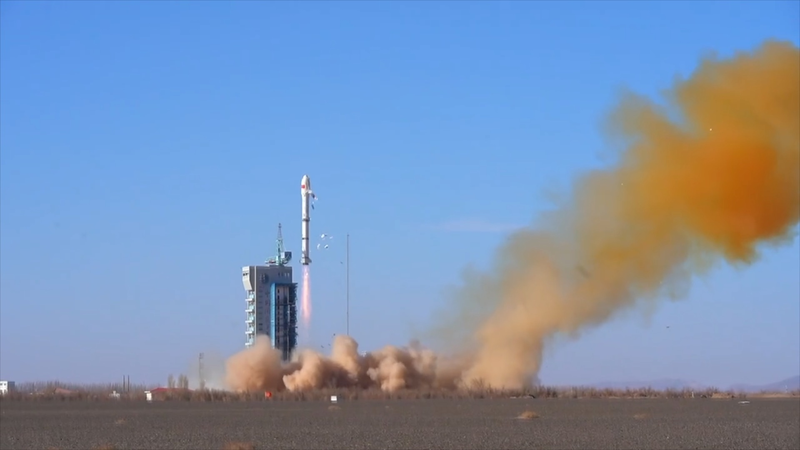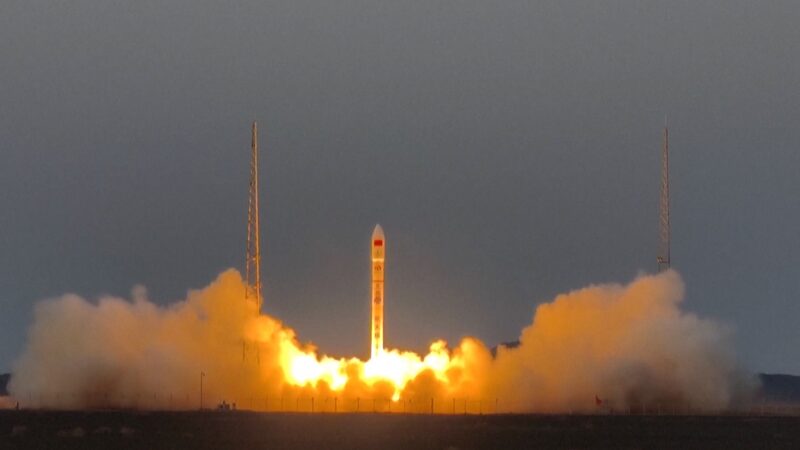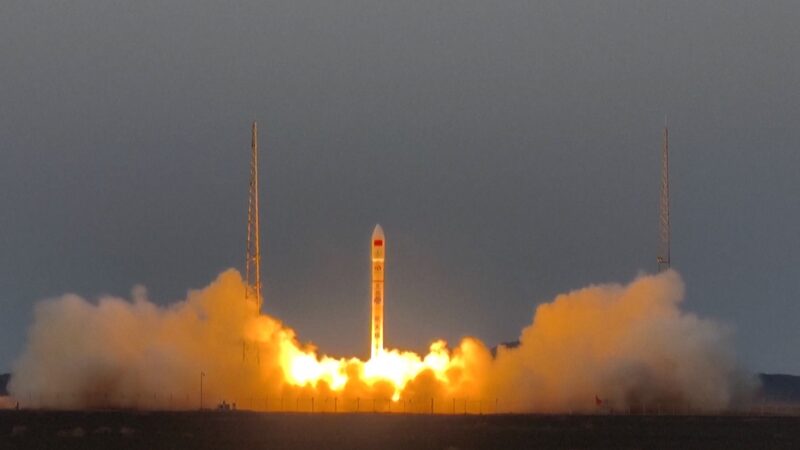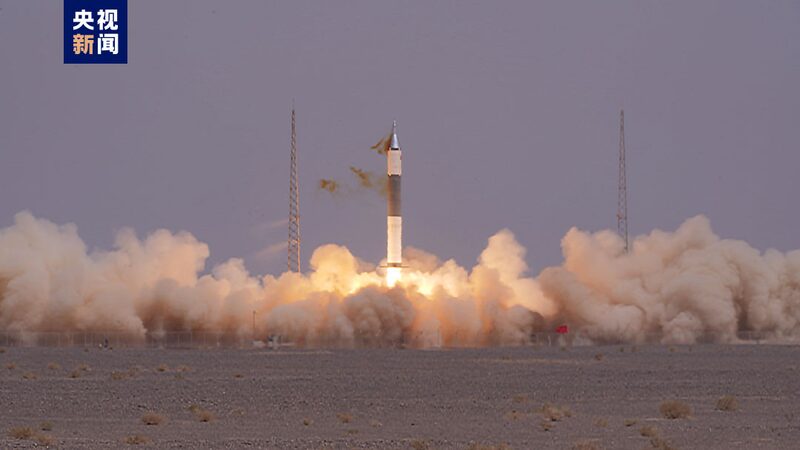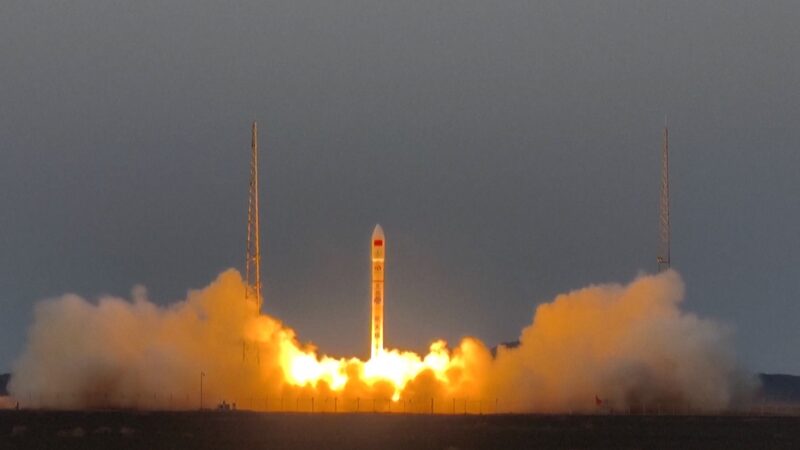China-Africa Space Cooperation Enhances Lives Across the Continent
Orbiting over 600 kilometers above Earth, the Egyptian satellite MISRSAT-2 is more than just a technological marvel—it’s a beacon of progress for the African continent. Launched from China in December 2023, this high-resolution optical remote-sensing satellite provides Egypt with critical services, including resource surveys, environmental disaster monitoring, urban planning, and agricultural assessments.
MISRSAT-2 represents a milestone in China-Africa space collaboration. Assembled and tested at the China-aided Assembly, Integration, and Test (AIT) Center in Egypt, it marks Egypt as the first African nation to possess complete satellite AIT capabilities.
A New Era of Space Collaboration
The partnership between China and Egypt exemplifies the broader success of China-Africa space cooperation. Over the years, China has developed and launched satellites for several African countries, including Nigeria, Algeria, Ethiopia, Sudan, and Egypt. These satellites have facilitated advancements in communication, remote sensing, and scientific research, contributing significantly to the socio-economic development of these nations.
In 2017, the launch of Algeria’s first communication satellite, Alcomsat-1, by China, revolutionized broadcasting, television, broadband access, and emergency communications in the country. The satellite holds such national significance that it adorns Algeria’s 500 Dinar banknotes as a symbol of pride.
Enhancing Everyday Lives
The impact of China-Africa space cooperation extends beyond technological achievements; it enriches the daily lives of millions. The BeiDou Navigation Satellite System (BDS), China’s global navigation network, has been widely adopted across Africa, enhancing agriculture, urban planning, infrastructure, and transportation services.
In Mozambique’s Gaza Province, farmers utilize BDS-powered drones for field surveys, seeding, and pesticide spraying. These drones can cover hundreds of mu (one mu equals approximately 666 square meters) simultaneously, significantly increasing efficiency compared to manual methods. “The precise agriculture model of ‘BDS plus drones’ is a beneficial attempt in the agricultural technology cooperation between China and Mozambique,” said Danilo Latifo, director of the agriculture department in Gaza Province. “Chinese agricultural technology has made an important contribution to Mozambique’s food security.”
Similarly, in Burkina Faso, BDS high-precision services accelerated the construction surveying of a hospital during the COVID-19 pandemic, reducing the time by more than half. Such applications of satellite technology are directly contributing to improved health services and infrastructure development.
Empowering Local Talent
China’s cooperation with African nations goes beyond technology transfer; it encompasses capacity building and talent development. In August, 36 young professionals from countries including Egypt, Ethiopia, and Rwanda participated in a training session in China. They gained insights into information and communication technology, satellite internet, quality management, and systems engineering within the space industry.
“Recently, China and Egypt are carrying out cooperative projects related to the Chang’e-7 mission. It’s very meaningful for me to learn something here,” said Shimaa Soultan, a satellite payload test engineer from the Egyptian Space Agency.
Furthermore, China and Africa are collaborating to inspire the next generation. In a live class titled “Talk with Taikonauts,” students from eight African countries connected with Chinese astronauts aboard the Shenzhou-14 spacecraft. Such initiatives aim to spark interest in space exploration among African youth, fostering a future workforce capable of advancing the continent’s space ambitions.
A Shared Vision for the Future
The Forum on China-Africa Cooperation (FOCAC) Dakar Action Plan (2022-2024) underscores the commitment to deepen space cooperation. Both sides have agreed to focus on satellite remote sensing and communications projects to drive the development of the space industry in African countries.
As China and Africa continue to strengthen their partnership, the benefits of space cooperation are becoming increasingly tangible. From advancing agricultural practices to empowering local talent and improving infrastructure, this collaboration is poised to make a lasting impact on the continent’s development.
Reference(s):
China-Africa space cooperation benefits people across continent
cgtn.com
